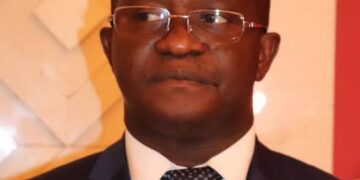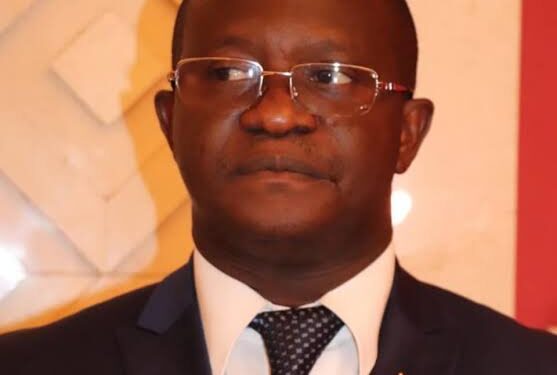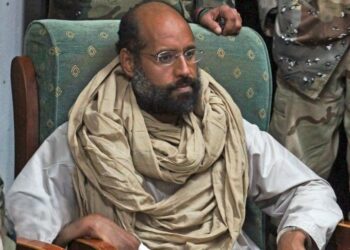Malam Bacai Sanha Jr, the son of Guinea-Bissau’s late president Malam Bacai Sanhá, has been sentenced to over six years in prison by a US court for orchestrating an international heroin trafficking ring. The 52-year-old, also known as “Bacaizinho,” allegedly planned to use the profits to finance his aspirations of seizing power in Guinea-Bissau through a coup.
Authorities claim that Sanha Jr’s intentions were to ascend to the presidency of Guinea-Bissau, following in the footsteps of his father, Malam Bacai Sanha, who led the country from 2009 until his death in 2012. Sanha Jr’s involvement in a failed coup attempt in February 2022 further compounded his legal troubles.
After being arrested in Tanzania and subsequently extradited to the United States in August 2022, Sanha Jr faced trial for conspiring to illegally import drugs. In September of the following year, he pleaded guilty to the charges.
“Malam Bacai Sanha Jr wasn’t any ordinary international drug trafficker,” said FBI agent Douglas Williams
“He is the son of the former president of Guinea-Bissau and was trafficking drugs for a very specific reason – to fund a coup that would eventually lead him to the presidency of his native country where he planned to establish a drug regime.”
FBI agent Douglas Williams highlighted the significance of Sanha Jr’s case, emphasizing that he wasn’t merely a typical drug trafficker but rather an individual with political ambitions seeking to establish a “drug regime” to fund his coup aspirations.
Sanha Jr was accused of trafficking heroin from various countries to Portugal and the United States, further complicating his legal predicament. While US authorities contemplate deportation upon completion of his prison sentence, it’s noted that Sanha Jr holds no American citizenship.
The convicted individual, who has held various government positions including economic adviser to his father, allegedly disclosed his involvement in the 2022 coup attempt during conversations with undercover agents from the US Drug Enforcement Administration (DEA).
Guinea-Bissau has long been associated with drug trafficking, earning it the designation of a “narco-state” by the US and the UN over a decade ago. The influence of drug traffickers within the government is significant, often extending to funding election campaigns for sympathetic politicians.

































